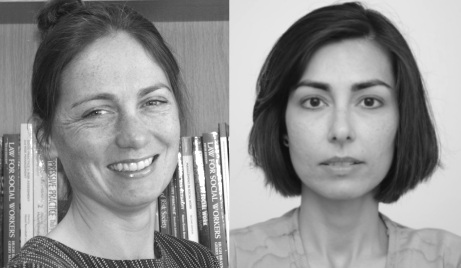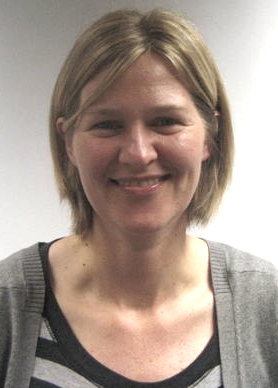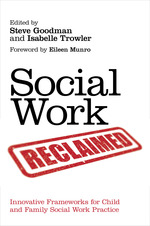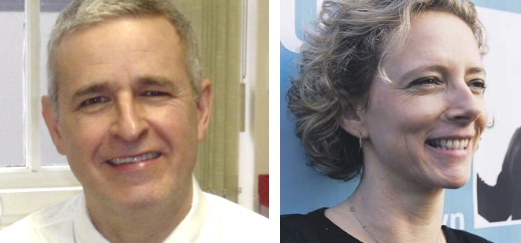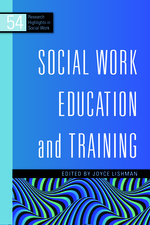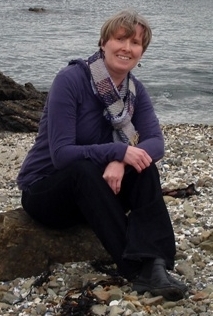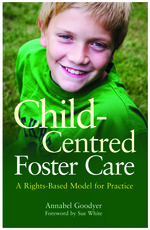Safeguarding Refugee, Asylum Seeking and Trafficked Children in the UK – An Interview with Emma Kelly and Farhat Bokhari
“Given the range of experiences that separated children are likely to have had before they arrive in the UK, it seems extraordinary that many will receive a lesser service from statutory services than citizen children. But, as our book shows, those working with separated children have long noted institutional discrimination. Much of this stems from the tensions that exist between immigration control and child welfare and safeguarding. Despite clear domestic policy and procedures, as well as international obligations, many separated children continue to find that their status as subject to immigration control takes precedence over their needs and rights as children.”
